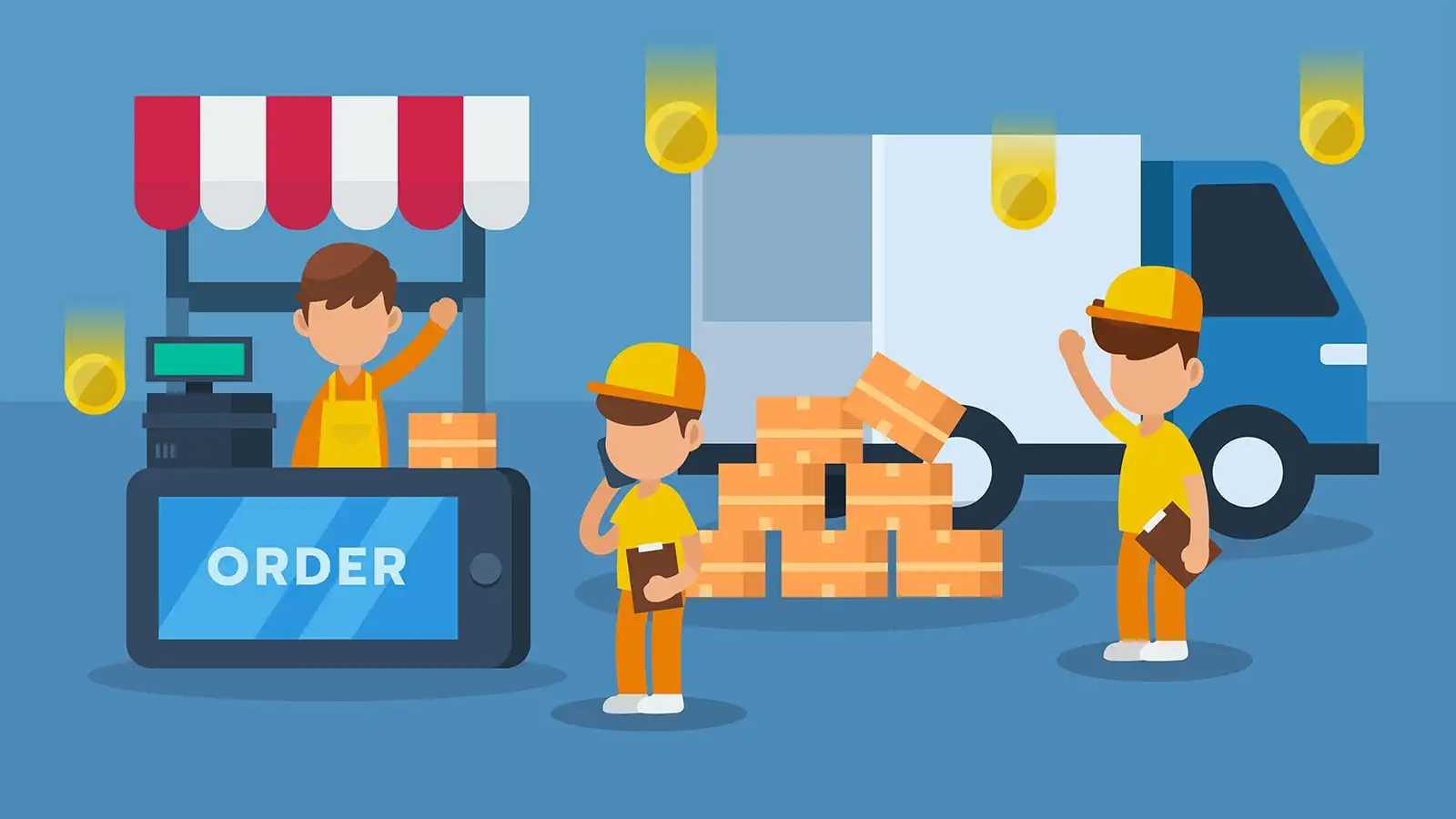Equip Your Manufacturing Workforce for the Future Through Online Education
Rohit Kumar
16 May, 2023

The U.S. manufacturing skills gap is predicted to result in up to 2.1 million unfilled manufacturing jobs by 2030, according to a study by Deloitte and The Manufacturing Institute. That could cost the U.S. economy over $1 trillion.
The study suggests that the rapid digital transformation is responsible for the difficulties 77% of surveyed manufacturers face in attracting and retaining talent. In addition, this digital transformation has fundamentally altered the jobs and skill sets required in the industry.
This alarming data about the manufacturing sector is not restricted to the world's largest economy. Other developed countries across the globe are experiencing the same, as soon will developing countries like India, China, and others.
The modern manufacturing workforce needs increasingly specialized skills to work with evolving manufacturing technology—skills many have not yet acquired. Manufacturers must assess their employees' skills and develop learning cultures that nurture and maintain the workforces they require to stay competitive.
Investing in an online training system is an effective way to develop the necessary skill sets. It allows manufacturers to quickly create engaging training, efficiently distribute it across devices to their entire workforce, and easily manage it from a single platform.
Moreover, online training helps establish a learning culture, making a company more appealing to potential employees. Here are some ways to optimize online learning to reduce skill gaps, adapt to shifting business requirements, and embrace advanced manufacturing technology as an ally rather than a challenge.
Onboarding: Start your employees on the right foot
Comprehensive, consistent onboarding is essential in any industry. In addition to making employees feel appreciated and supported, it can give them the tools they need to succeed daily. Onboarding also offers an opportunity to inform employees about potential career paths and present online learning as the foundation for their skill development.
By standardizing and streamlining the onboarding process with online training, everyone can begin on the same footing and at a faster pace.
Connection: Educate and maintain contact with your global teams
Many manufacturing companies have employees dispersed across various facilities. That creates the challenge of quickly and efficiently sharing information and urgent updates with the workforce. For example, when introducing or upgrading equipment or modifying a production line process, combining hands-on learning with online education is an effective way to distribute vital information to numerous employees across multiple locations quickly.
Easy access: Remove obstacles to learning
Manufacturing workforces have diverse educational and skill levels and often work different shifts—especially in 24/7 manufacturing sites. Gathering a group of individuals with varying schedules can be challenging enough and catering to each person's learning needs adds even more complexity. Online training eliminates the inconvenience of in-person meetings.
Furthermore, online learning ensures that each employee has ongoing access to specific course content, regardless of location—on their timetable and skill level.
Safety: Ensure a secure work environment for your employees in manufacturing facilities
Manufacturing facilities are governed by strict safety regulations, and failing to educate your workforce on workplace safety could have serious repercussions. As new technologies are integrated into facilities, OSHA (Occupational Safety and Health Administration) or similar regulatory frameworks update their risk and safety policies to optimize employee protection.
Utilize online training to promptly provide all your employees with health and safety best practices information. Online education allows you to guide your workforce through various workplace situations and offer easily understandable directions on how to safely and successfully navigate them.
Adaptability: Train your workforce in multiple areas for a more resilient organization
In the current job market, many manufacturers seek multifaceted employees capable of contributing to different aspects of their businesses. In the 2021 Deloitte Global Resilience study, chief experience officers identified flexibility/adaptability as the most crucial workforce attribute for an organization's future.
Cross-training employees enables manufacturers to adjust when business requirements change. Whether it's a shift in product mix from memory chips to ASICs, a supply chain disruption leading to a scarcity of raw materials, a pandemic impacting a significant portion of your workforce, or any other change—cross-training will help your organization maintain agility and resilience.
Jumpstart your online learning initiatives with Core Competency's suite of enterprise-grade competency management systems and services. Schedule your free demo today and see it in action.
Assessment of Behavioural Core Competencies
For example, students struggling with a particular concept could be provided with additional resources or assigned to a different module via the e-learning and learning management system.
Read Blog




